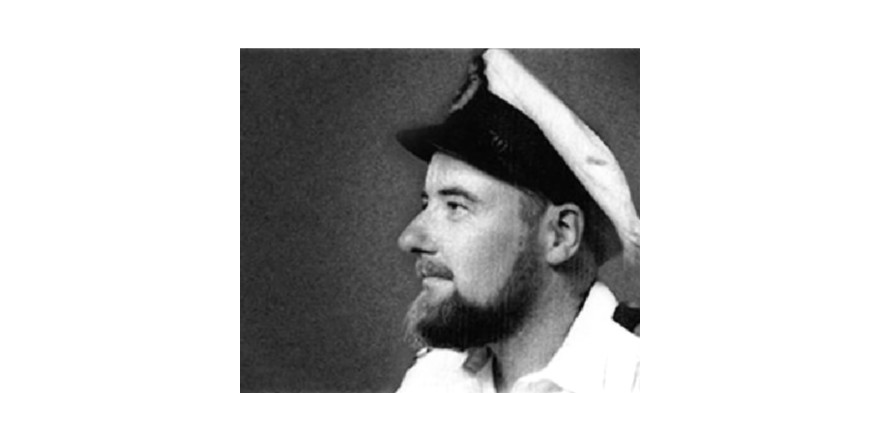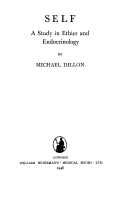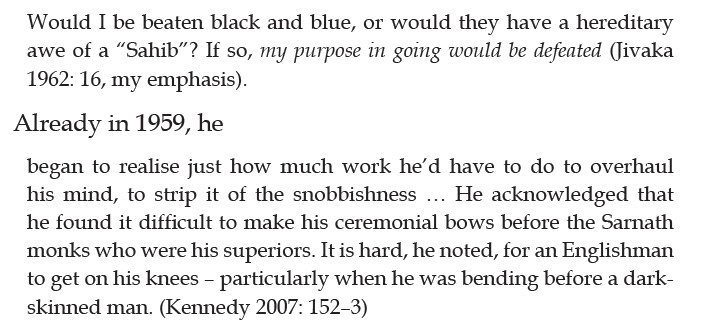So this seems like a good day to tell you the story of the first (known) Irish trans Buddhist, Lobzang Jivaka (Michael Dillon).
This is him in Kalimpong in 1959.
This is him in Kalimpong in 1959.
Jivaka's father was the Baronet (!) of Lismullen in Co. Meath so you could say he came from the other side of the tracks to Dhammaloka.
But both parents were dead by the time he was ten and he was brought up by elderly aunts.
Born in 1915, WWII came along just in time for him.
But both parents were dead by the time he was ten and he was brought up by elderly aunts.
Born in 1915, WWII came along just in time for him.
You could move around easily, and he started to pass as a man.
But more than that ... plastic surgery was making leaps and bounds working on burned airmen.
And so Michael became the first person anywhere, ever, to transition from female to male by surgery as well as hormones.
But more than that ... plastic surgery was making leaps and bounds working on burned airmen.
And so Michael became the first person anywhere, ever, to transition from female to male by surgery as well as hormones.
After the war he qualified in medicine in TCD - and wrote a pioneering work on what it means to be a human being, thinking about biology, psychiatry, psychology, ethics and free will - with particular reference to what we would now call trans issues.
In 1946.
In 1946.
As an aside: for a wee while he hosted Lobsang Rampa, author of "The Third Eye", in Howth. Rampa "ordained" him into the Secret Order of the Potala. Yay!
But you can see he was already interested in Buddhism, even if he wasn't that sure of the details.
But you can see he was already interested in Buddhism, even if he wasn't that sure of the details.
In 1958 he was outed by the British tabloid press. It was vicious. And sadly familiar today.
He was working as a ship's doctor and never returned to Ireland or England.
He was working as a ship's doctor and never returned to Ireland or England.
Sangharakshita, in Kalimpong, taught him meditation and gave him the name Jivaka to help with anonymity.
The Maha Bodhi Society in Sarnath ordained him as a Theravadin novice in 1959.
And then... transphobia hit again.
The Maha Bodhi Society in Sarnath ordained him as a Theravadin novice in 1959.
And then... transphobia hit again.
There's dispute as to who said it to the MBS (Jivaka, who was painfully honest, later said he raised the issue himself, but it may have been Sangharakshita).
Either way, there is a (disputed) reading of the vinaya about who can be a full monk - and he was barred.
Either way, there is a (disputed) reading of the vinaya about who can be a full monk - and he was barred.
He was hugely determined tho, and organised a passport to Ladakh where he was given *Tibetan* novice ordination with the promise of higher ordination (hence Lobzang / Lobsang) to follow.
I said he was painfully honest - and this also stretched to issues of race. Jivaka was very determined not to be given special treatment, and insisted on normal rules of monastic seniority to be applied.
Meaning he was right at the bottom of the pile, the most recent novice.
Meaning he was right at the bottom of the pile, the most recent novice.
He winds up working in the kitchen, doing the meals, making the tea, fetching the wood and water.
By this point he was 45, with a body that had been a site for pioneering treatments - with no experience of manual labour never mind living in Ladakh.
By this point he was 45, with a body that had been a site for pioneering treatments - with no experience of manual labour never mind living in Ladakh.
He saw his own inherited class and racial privileges as obstacles to be overcome in his Buddhist practice:
Oh, and started teaching himself Ladakhi alongside everyday Tibetan - and the classical written Tibetan of the texts.
He had some vertigo moments while "going native":
He had some vertigo moments while "going native":
This tho is my all-time favourite Jivaka moment, and a real testament both to the challenges of crossing race and class lines and his own ability to see doing so *as a practice* and make it real.
Deep bow.
Deep bow.
We need .... more of that honesty and courage, in Buddhist Studies and in Buddhisms - and in the world.
Remember too this is someone who had already remade himself completely once before.
Remember too this is someone who had already remade himself completely once before.
I've studied a lot of early Irish Buddhists. Most of them were on the edge in various ways: they all had buckets of courage and a willingness to change. But Jivaka is something special.
It killed him in the end: he collapsed from exhaustion in the monastery, had to go back to Sarnath for a new travel permit and caught typhoid, and died in May 1962.
Most of this thread comes from my book "Buddhism and Ireland" where I really tried to understand something of the lives of these extraordinary people and the struggles they went through.
But if you go looking you can now read all of Jivaka's own writings, including his memoir which has been recently published, "Imji Getsul" (English novice) about his life in the monastery, his book on "Self: Ethics and Endocrinology", a couple of bios and a play.
He has been highlighted by @TENI_Tweets as an Irish trans pioneer, and last month Oxford launched its Michael Dillon LGBT+ lectures. https://www.ox.ac.uk/event/michael-dillon-lgbt-lectures-launch-event
I think of him the way Thomas Mallory talks about the medieval belief that King Arthur would come back again (not quite rebirth but...)
"I will not say it shall be so, but rather I will say: here in this world he changed his life."
Sadhu!
"I will not say it shall be so, but rather I will say: here in this world he changed his life."
Sadhu!

 Read on Twitter
Read on Twitter










